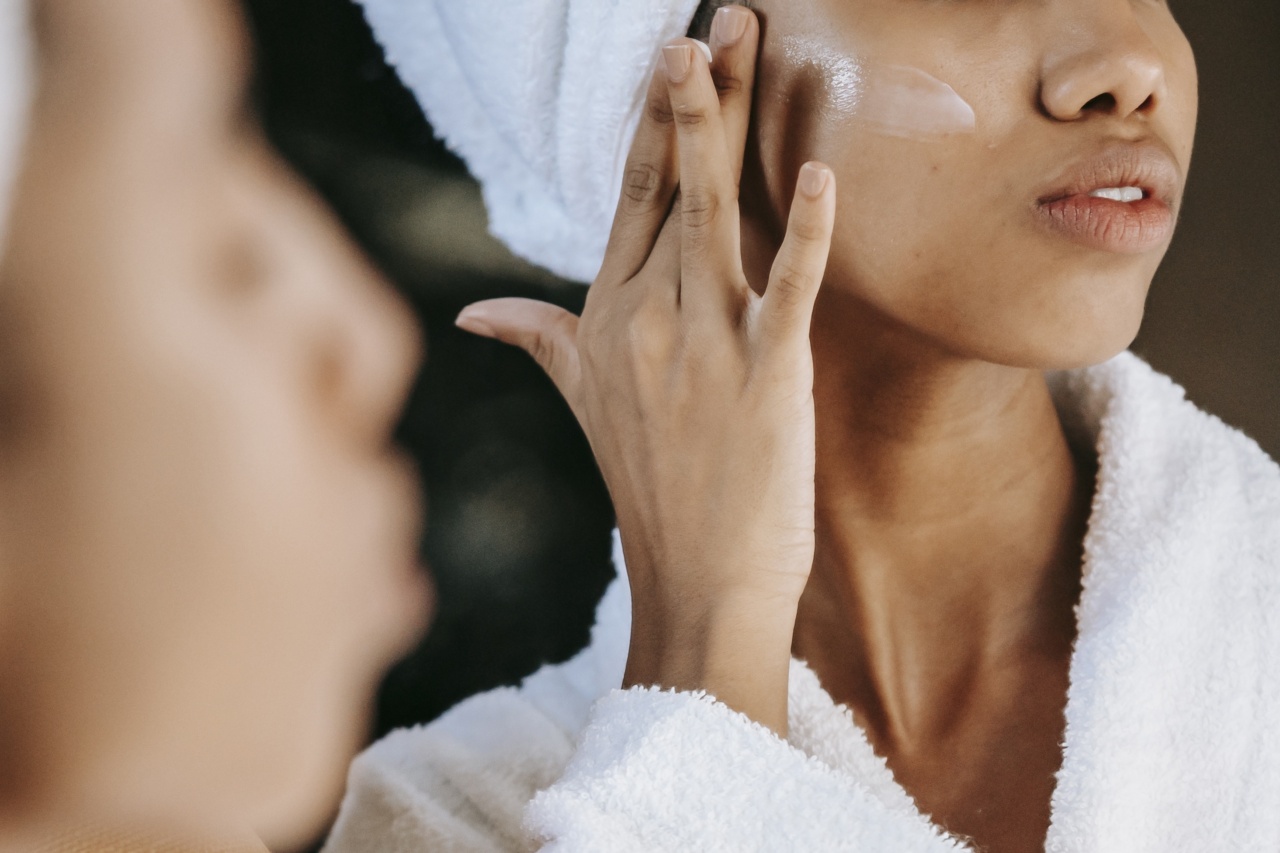Acne is a common skin condition that affects millions of people worldwide. It can be a source of discomfort and reduced self-esteem, making it essential to find effective ways to heal acne and achieve a smooth complexion.
While there is no one-size-fits-all solution, implementing a proper skincare routine, making lifestyle changes, and seeking professional help can significantly improve the appearance of your skin. In this article, we will explore various strategies to help you attain gorgeous skin.
Understanding Acne: Causes and Types
Before diving into skincare tips, it’s crucial to understand the causes and different types of acne. Acne occurs when oil glands and hair follicles become clogged with oil, dead skin cells, and bacteria.
Hormonal changes, excess oil production, certain medications, and genetics can contribute to acne development. The four main types of acne include:.
1. Whiteheads and Blackheads
Whiteheads and blackheads are non-inflammatory forms of acne. Whiteheads occur when a clogged hair follicle remains closed, creating a white bump on the skin’s surface.
On the other hand, blackheads occur when a clogged pore opens and comes into contact with air, causing it to darken.
2. Papules
Papules are small, raised bumps that are typically pink or red in color. They occur when blocked hair follicles become inflamed due to bacterial infection.
3. Pustules
Pustules, commonly known as pimples, are inflamed and pus-filled. They appear as red bumps with a white or yellow center. Pustules are a result of bacterial infection and inflammation.
4. Cysts
Cysts are the most severe form of acne and often lead to scarring. They are large, painful, fluid-filled lumps that develop deep under the skin. Cysts require professional treatment to prevent complications and minimize scarring.
Creating an Effective Skincare Routine
An effective skincare routine is the foundation for achieving a smooth complexion. Here are some essential steps to incorporate:.
1. Cleansing
Cleanse your face twice a day, morning and night, using a gentle cleanser. Look for products that are non-comedogenic and suitable for your skin type. Avoid harsh scrubbing, as it can irritate the skin and worsen acne.
2. Exfoliation
Regular exfoliation helps to remove dead skin cells, unclog pores, and improve skin texture. However, be cautious not to overdo it, as excessive exfoliation can lead to skin irritation.
Use a gentle exfoliator with ingredients like salicylic acid or glycolic acid, depending on your skin’s sensitivity.
3. Moisturizing
Moisturizing is essential even if you have oily or acne-prone skin. Opt for oil-free, non-comedogenic moisturizers to hydrate your skin without clogging pores.
Look for ingredients such as hyaluronic acid or ceramides that help maintain the skin’s moisture barrier.
4. Sun Protection
Protect your skin from harmful UV rays by applying sunscreen with at least SPF 30, even on cloudy days. Sunscreen helps prevent acne scars and hyperpigmentation caused by sun exposure. Choose oil-free, non-comedogenic formulas to avoid pore clogging.
Lifestyle Changes for Healthy Skin
Alongside a proper skincare routine, certain lifestyle changes can contribute to healing acne and promoting a healthy complexion:.
1. Balanced Diet
Eating a balanced diet rich in fruits, vegetables, whole grains, and lean proteins can help improve your skin’s overall health. Avoid high-glycemic-index foods like sugary snacks and processed carbohydrates, as they may aggravate acne.
2. Hydration
Stay well-hydrated by drinking an adequate amount of water daily. Proper hydration helps flush out toxins and keeps your skin hydrated from within.
3. Stress Management
Stress can worsen acne by triggering hormonal imbalances. Engage in stress-reducing activities such as exercise, meditation, or hobbies to keep stress levels in check.
4. Avoid Touching Your Face
Avoid touching your face unnecessarily, as it can transfer dirt, bacteria, and oils from your hands to your skin, potentially leading to breakouts.
Seeking Professional Help
If over-the-counter products and lifestyle changes aren’t delivering the desired results, it’s advisable to seek professional help from a dermatologist or skincare specialist.
They can provide personalized advice and prescribe medications or treatments tailored to your specific skin needs.
Conclusion
Healing acne and achieving a smooth complexion requires patience, consistency, and a combination of effective skincare practices.
Remember that everyone’s skin is unique, so it may take time to find the products and treatments that work best for you. By implementing a proper skincare routine, making necessary lifestyle changes, and seeking professional guidance, you can enhance the health and appearance of your skin.































